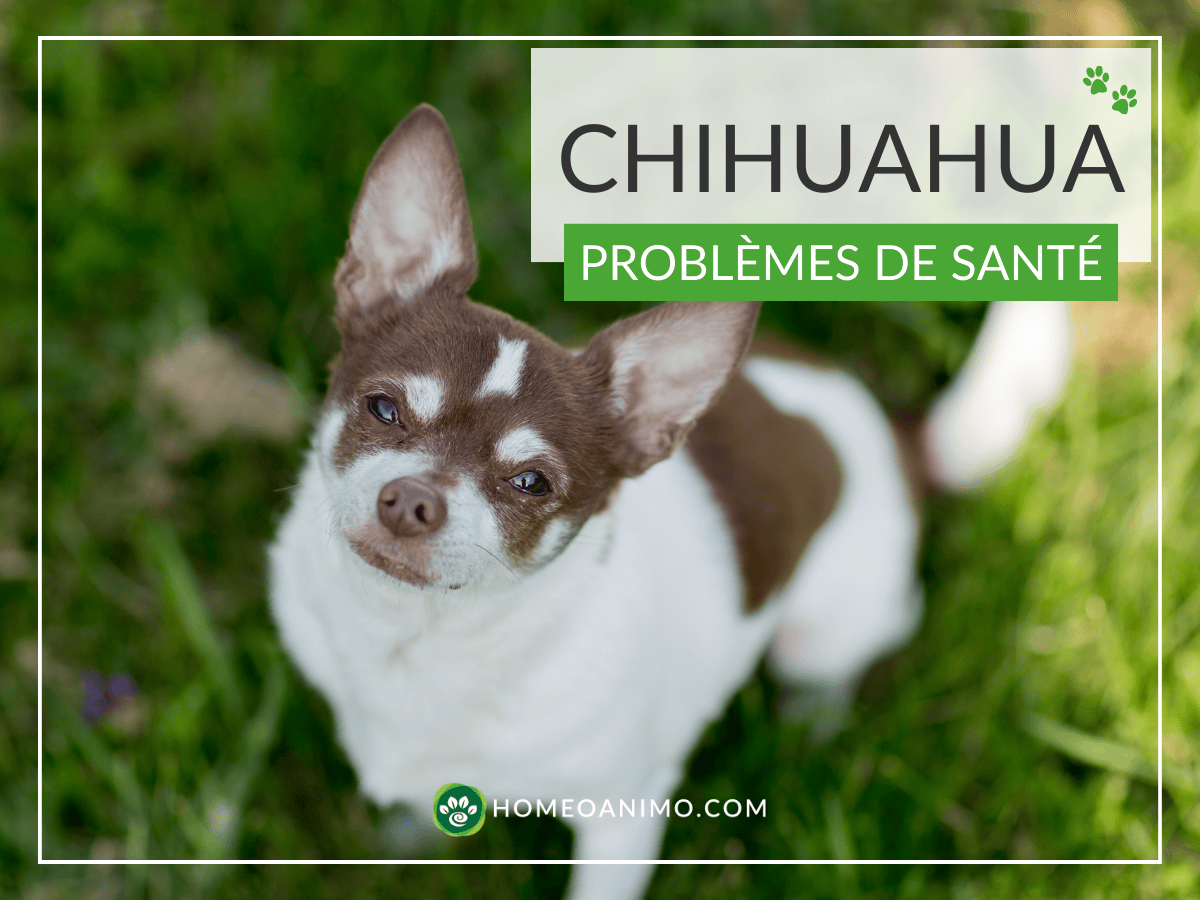
The Complete Guide to Kidney Failure in Cats: Causes, Symptoms, and Natural Remedies
Kidney failure in cats is a silent but formidable disease that unfortunately affects many felines, especially as they age. If you have noticed that your cat is drinking more than usual, has lost weight, or is showing signs of fatigue, it is possible that their kidneys are not functioning correctly.
Don't panic, an early diagnosis and proper management can make all the difference. In this article, we will explore feline kidney failure in detail, from its causes to its treatments, including natural options that can offer valuable support to your companion.
What is kidney failure in cats?
Kidney failure, also known as chronic kidney disease (CKD), is a disease characterized by the progressive and irreversible loss of kidney function. These vital organs play an essential role in your cat's body:
- Blood filtration: They eliminate metabolic waste (urea, creatinine) and toxins.
- Fluid balance: They regulate the amount of water in the body.
- Hormone production: They produce hormones that control blood pressure and red blood cell production.
When the kidneys are failing, they can no longer perform these functions, which leads to a buildup of toxins in the blood (uremia) and other imbalances that can endanger your cat's life.
What are the types of kidney failure in cats?

There are two forms of kidney failure in cats, which differ in their onset and prognosis:
- Acute Kidney Failure (AKF): This occurs suddenly, within a few hours or days. Often caused by poisoning (toxic plants, medications, antifreeze), an infection, or severe dehydration, it can be reversible if treatment is rapid and intensive. It requires emergency hospitalization.
- Chronic Kidney Failure (CKF): This is the most common form, which mainly affects cats over 7 years of age. It develops insidiously over several months or even years. Symptoms are often subtle at first and only become obvious when 75% of the kidneys are already damaged. Unfortunately, CKF is irreversible, but its progression can be slowed with appropriate treatment.
Why does my cat suffer from kidney failure?

Chronic kidney failure is often linked to the aging of the kidneys. However, several factors can accelerate or cause this disease:
- Age: This is the most frequent cause. Aging leads to a progressive degeneration of kidney tissues. From the age of 5 or 6, chronic kidney diseases become more frequent, affecting up to 35% of elderly cats.
- Congenital diseases: Some cats are born with kidney malformations (such as polycystic kidneys in Persians).
- Infections: Kidney infections (pyelonephritis) or systemic diseases (FIV, FeLV) can damage the kidneys.
- Trauma and poisoning: Untreated acute kidney failure can evolve into CKF. Ingesting toxic substances (antifreeze, lilies, grapes), certain medications (NSAIDs, antibiotics), or shock (accident) can cause irreversible damage.
- Underlying diseases: Diabetes, hypertension, or serious dental problems can indirectly affect kidney function.
What symptoms should you watch for?

The signs of chronic kidney failure are often subtle and can be mistaken for normal aging. If you notice one or more of these symptoms, it is imperative to consult your veterinarian:
- Polydipsia and polyuria: This means your cat drinks much more and urinates more frequently.
- Weight loss and muscle wasting: Your cat loses weight for no apparent reason, and its muscles may atrophy.
- Loss of appetite: The cat becomes picky or refuses to eat because it suffers from nausea and mouth ulcers.
- Vomiting and diarrhea: The accumulation of toxins in the blood irritates the digestive system.
- Lethargy and weakness: Your cat is less active, more apathetic, and may appear weak or disoriented.
- Bad breath (halitosis): The smell of ammonia is often a sign of uremia.
- Coat problems: The coat becomes dull and spiky.
What are the conventional treatment options?

Although chronic kidney failure cannot be cured, it is possible to slow its progression and improve your cat's quality of life. Conventional treatment is based on several pillars:
- Therapeutic diet: This is the cornerstone of treatment. Foods specially formulated for the kidneys, low in phosphorus, high-quality protein, and sodium, are essential to relieve the kidneys' work.
- Dehydration management: Subcutaneous fluid infusions can be administered at the clinic or at home to correct dehydration, a common symptom of CKF.
- Medications: The veterinarian may prescribe medications to control blood pressure (hypertension), bind phosphorus in the intestine (phosphorus binders), treat nausea, or stimulate appetite.
- Supplementation: Omega-3 fatty acid and probiotic supplements may be recommended to support kidney function and gut flora.
Are there natural remedies to support a cat with kidney failure?

Yes, natural medicine offers support options that can be used in addition to conventional treatments. These remedies work in synergy to help detoxify the body, soothe symptoms, and improve the cat's overall well-being. It is crucial to always consult your veterinarian before adding any supplement to your cat's diet.
Phytotherapy (medicinal plants)
Phytotherapy uses the virtues of plants to support health. For your cat's kidneys, certain plants are particularly beneficial. These plants are often administered in the form of mother tinctures (liquid extracts), capsules, or powders.
- Dandelion (root): It is a gentle natural diuretic that helps the kidneys eliminate toxins and waste. Rich in potassium, it compensates for the loss of this mineral, often associated with CKF.
How to administer it? Generally in the form of a mother tincture, a few drops can be added to your cat's food or water. - Burdock (root): Known for its detoxifying properties, it helps to purify the blood and reduce inflammation, thereby relieving the kidneys' workload. It is also rich in inulin, a prebiotic that promotes intestinal health.
How to administer it? It can be given in powder mixed with food or in liquid extracts. - Ginkgo Biloba: Although better known for its benefits on cerebral circulation, ginkgo improves blood flow to and within the kidneys, which can improve their function.
How to administer it? This remedy often comes in liquid form, easy to mix into the cat's food. - Milk Thistle: A powerful antioxidant and liver protector, it indirectly helps the kidneys by supporting general body detoxification, a vital process in cases of kidney failure.
How to administer it? Available in capsules (the contents of which can be sprinkled on food) or as a mother tincture.
Homeopathy
Homeopathy uses diluted natural substances to stimulate the body's self-healing mechanisms. Specific remedies can be used to address precise symptoms of kidney failure, such as nausea (Nux Vomica), dehydration (Arsenicum Album), or weakness (China). The choice of a homeopathic remedy should be made by a qualified practitioner, but complex formulations (composed of several remedies) can be used safely for general support.
How to administer it? Homeopathic granules can be dissolved in a little water and administered with a syringe, or as a spray, directly into the cat's mouth.
Gemmotherapy (plant buds)
Gemmotherapy is a branch of phytotherapy that uses the embryonic tissues of plants. For kidney failure, certain bud macerates are particularly relevant. They are generally administered in the form of concentrated glycerinated macerates.
- Juniper bud: Known for its diuretic and depurative properties, it supports kidney and liver function.
How to administer it? A few drops can be mixed into your cat's food or water. - Ash bud: It promotes the elimination of uric acid and waste, thereby relieving the kidneys.
How to administer it? In the same way as juniper bud, in liquid form mixed with food.
A homeopathic remedy for your cat
You notice that your pet has excessive thirst, its urination increases even at night, and it seems weak?
The homeopathic remedy Kidney Health (Kidney Failure) is designed to support kidney health. It also helps to effectively relieve kidney failure (in dogs, cats, horses, and companion animals).
This is a 100% natural and high-quality remedy that promotes optimal kidney function.
How to prevent kidney failure in cats?

Prevention is the best approach, especially with age. Here are some tips to preserve your cat's kidney health:
- Adequate hydration: This is the most important factor. Make sure your cat always has fresh, clean water available. Using a water fountain can encourage them to drink more. Adding wet food (pâté) to their diet is also very beneficial.
- Quality diet: Offer food rich in high-quality protein and low in phosphorus, while avoiding foods too rich in carbohydrates and grains.
- Regular health check-ups: From 7-8 years of age, annual blood tests are recommended to detect the disease early, even in the absence of symptoms.
What is the life expectancy of a cat with kidney failure?

Life expectancy varies considerably depending on the stage of the disease at the time of diagnosis and the quality of care.
- Early stages (stage 1 and 2): With rapid detection and treatment, including an adapted diet, a cat can live for many years (2 to 3 years or more) with a good quality of life.
- Advanced stages (stage 3 and 4): When the disease is diagnosed late, life expectancy is reduced, ranging from a few months to a year, but appropriate support can improve comfort and prolong the animal's life.
FAQ on kidney failure in cats
How does kidney failure affect the life expectancy of cats?
Kidney failure reduces life expectancy, but proper management (diet, medication) can slow its progression and provide several years of comfortable life for the cat. The prognosis depends directly on the stage of the disease at the time of diagnosis.
What is acute kidney failure in cats?
It is a sudden and severe loss of kidney function, often caused by poisoning, trauma, or dehydration. It requires emergency hospitalization but can be reversible if treatment is prompt.
Can urea be an indicator of kidney failure in cats?
Yes, a high level of urea in the blood (uremia) is a key indicator of kidney failure. Urea is a metabolic waste product normally eliminated by the kidneys. A high level means that the kidneys are not functioning correctly.
What food should I give my cat suffering from kidney failure?
Your veterinarian will recommend a therapeutic renal diet, low in phosphorus, high-quality protein, and sodium. These foods are designed to reduce the kidneys' workload and are essential for managing the disease.
When and why might an infusion be necessary for cats?
Infusions (fluid therapy) are necessary when the cat is dehydrated. They can be administered subcutaneously and help rehydrate the animal, eliminate accumulated toxins, and support kidney function.
Can you give tap water to a cat with kidney failure?
It is generally preferable to give filtered or bottled water to reduce exposure to certain minerals or chemicals that could burden the already weakened kidneys.
Conclusion
Kidney failure is a difficult diagnosis to accept, but it is not a death sentence. As an owner, your role is crucial to slowing the disease's progression and providing your cat with the best possible quality of life. A holistic approach, combining conventional methods with the support of natural remedies, can work wonders.
Never forget that your veterinarian is your best ally. Discuss all options with them, including natural solutions, to create the most suitable care plan for your cat's needs. By being attentive and proactive, you can support your companion through this challenge and prolong the moments of shared happiness.
If you are concerned that your pet is suffering from a health problem, our Free Animal Health Recommendation can help. In addition to getting advice and recommendations from our Natural Health Advisors, they will also guide you through the products and treatment options that best suit your pet's health needs.




























Leave a comment
This site is protected by hCaptcha and the hCaptcha Privacy Policy and Terms of Service apply.